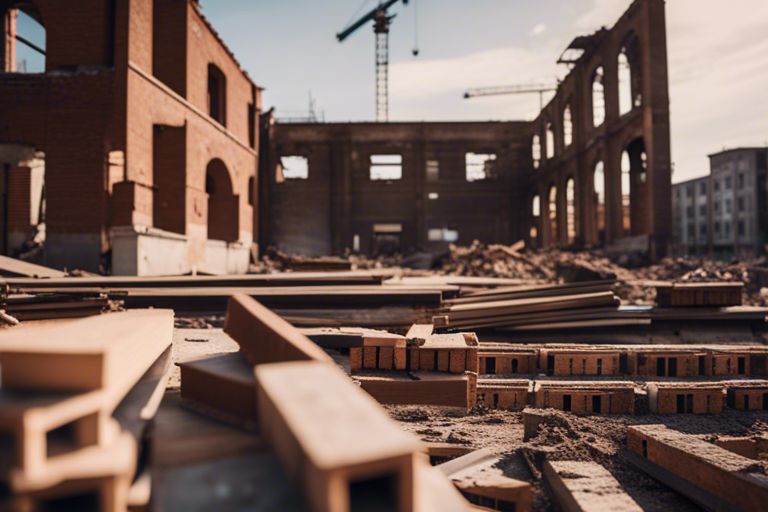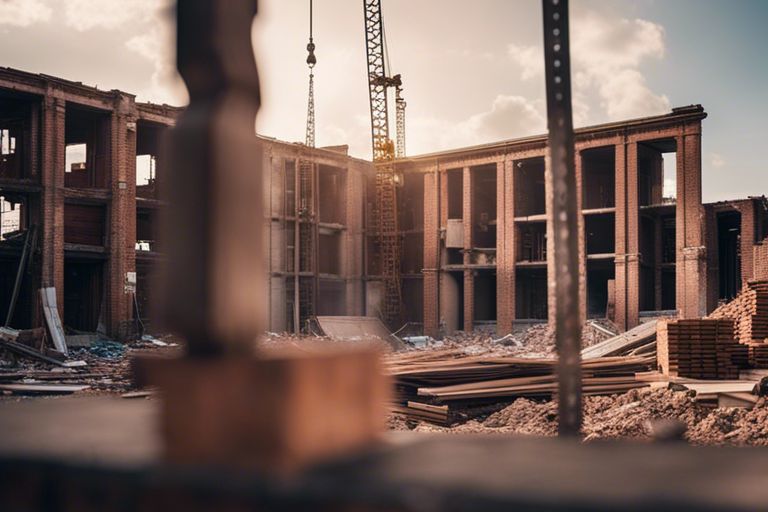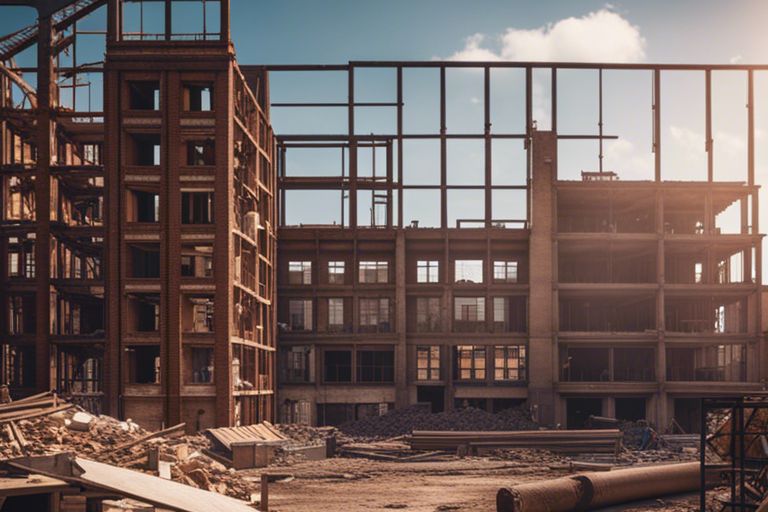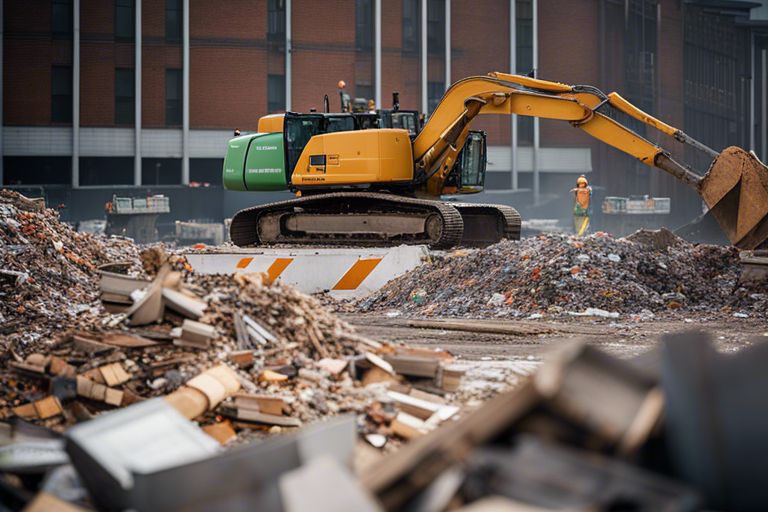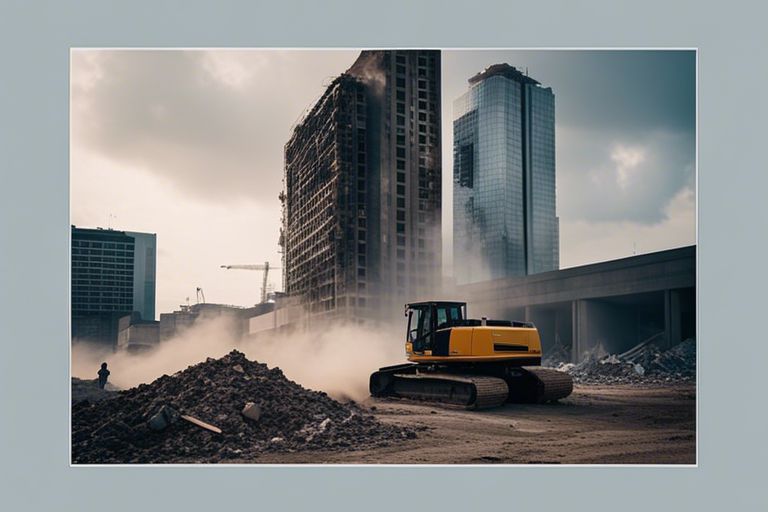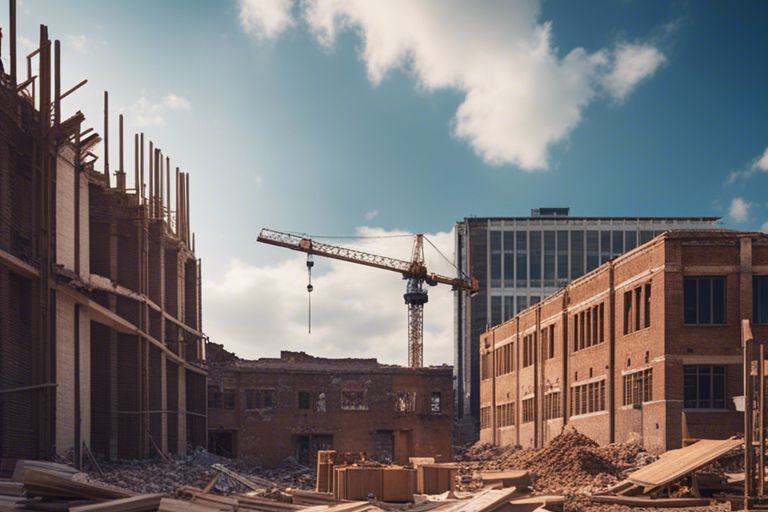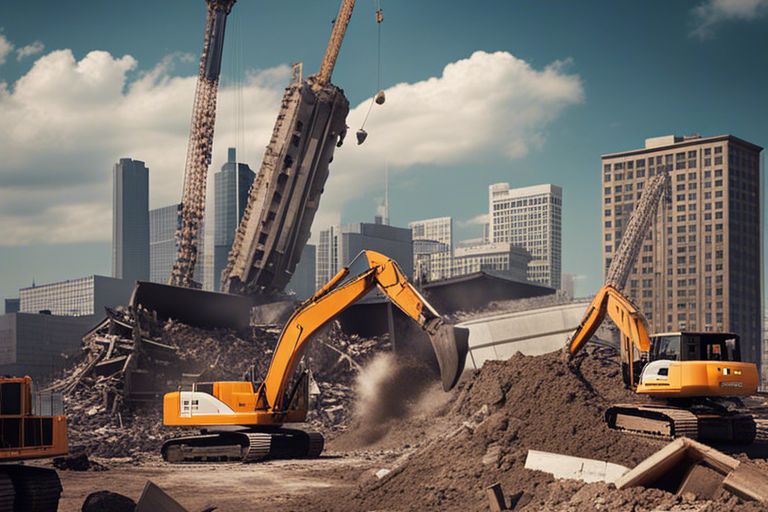Concerning demolition and salvage rights, it is crucial to have a clear understanding of the legal framework governing these activities. Demolition can be a dangerous undertaking, both in terms of safety and legality. Understanding your rights and responsibilities as a property owner or contractor is important to avoid costly legal repercussions. On the other hand, salvage rights can offer valuable opportunities to reclaim materials and resources, but navigating the legalities surrounding salvaging can be complex. This blog post aims to shed light on the legal framework surrounding demolition and salvage rights, highlighting key points that individuals and businesses need to be aware of to ensure compliance and protect their interests.
Key Takeaways:
- Demolition and Salvage Rights are governed by specific legal frameworks that outline the rights and responsibilities of parties involved in demolition activities.
- Understanding the legal framework surrounding Demolition and Salvage Rights is imperative for property owners, tenants, and contractors to avoid disputes and ensure compliance with regulations.
- Clarity on rights and obligations can help prevent potential conflicts and protect the interests of all parties involved in demolition and salvage operations.
Demolition Laws and Regulations
Federal and State Legal Frameworks
Demolition laws and regulations in the United Kingdom are governed by both federal and state legal frameworks. While the federal government sets out overarching guidelines, each state has the authority to establish its specific regulations to ensure the safety and proper management of demolition projects.
Obtaining Demolition Permits
One of the crucial steps in carrying out a demolition project is obtaining the necessary permits. Demolition permits are crucial as they ensure that the planned demolition complies with all safety and environmental regulations. Permits also help authorities track and monitor the demolition process to prevent any potential hazards or risks to the surrounding area.
When applying for demolition permits, individuals or companies must provide detailed information about the project, including the proposed demolition methods, safety measures in place, and waste disposal plans. Failure to obtain the required permits can result in severe penalties, including fines and halting of the demolition process.
Salvage Rights and Ownership
Determining Ownership of Salvageable Materials
When considering determining ownership of salvageable materials, it is important to consider both legal and ethical implications. In many cases, the ownership may lie with the property owner, but contracts or agreements with demolition companies can alter this. It is crucial to clearly outline ownership rights in writing before any demolition or salvage work begins. If there is any dispute over ownership, it is advisable to seek legal counsel to avoid any potential conflicts.
Legal Procedures for Claiming Salvage Rights
Understanding the legal procedures for claiming salvage rights is paramount to ensure compliance with the law. It involves thorough documentation of the salvageable materials, including photographs and detailed inventory lists. The process typically includes notifying relevant parties, such as property owners, contractors, or government authorities, about the intention to claim salvage rights. Failure to follow the correct legal procedures can result in disputes, fines, or even legal action. Therefore, it is important to adhere to all legal requirements to protect your salvage rights.
Environmental Considerations and Compliance
Hazardous Materials Handling
Concerning demolition and salvage rights, one crucial aspect to consider is the handling of hazardous materials. These materials, such as asbestos, lead-based paint, and mercury, can pose significant risks to both human health and the environment if not managed properly. It is imperative to comply with all regulations regarding the identification, removal, and disposal of hazardous materials to ensure the safety of workers and the surrounding community.
Waste Disposal and Recycling Regulations
Another important consideration in demolition and salvage rights is the adherence to waste disposal and recycling regulations. Improper disposal of construction waste can have severe consequences for the environment, including water and soil contamination, air pollution, and harm to wildlife. By following strict waste management guidelines and promoting recycling practices, demolition and salvage operations can minimise their environmental impact and contribute to sustainable practices within the industry.
It is crucial to understand the specific regulations concerning waste disposal and recycling in the region where the demolition is taking place. By partnering with certified waste management companies and recycling facilities, demolition and salvage companies can ensure compliance with all legal requirements while also demonstrating their commitment to environmental stewardship.
Contractual Agreements and Dispute Resolution
Drafting Demolition and Salvage Agreements
Concerning demolition and salvage rights, it is crucial to have clearly defined contractual agreements in place. These agreements should outline the responsibilities of each party involved, the scope of work, the timeline for completion, and the financial terms. It is crucial to draft these agreements carefully and ensure that all parties understand and agree to the terms before any work begins.
Legal Remedies and Dispute Resolution Mechanisms
Legal remedies and dispute resolution mechanisms play a vital role in resolving any conflicts that may arise during demolition and salvage projects. In case of disputes, having clear provisions in the agreement for mediation, arbitration, or legal action can help in finding a resolution efficiently. It is important to consult with legal experts when drafting these clauses to ensure that they are legally enforceable and provide adequate protection for all parties involved.
Conclusion: Demolition and Salvage Rights – Understanding the Legal Framework
Understanding the legal framework surrounding demolition and salvage rights is imperative for property owners, developers, and preservationists alike. By familiarising oneself with the regulations and processes involved, individuals can navigate through the complexities of historic district and landmark preservation more effectively. In order to make well-informed decisions regarding demolition activities and salvage rights, it is crucial to be aware of the laws and guidelines set forth by local authorities. For further insights into this topic, it is recommended to explore the detailed information provided by the Demolition and Code Enforcement Involving Historic Districts and Landmarks article.
FAQ
Q: What are Demolition and Salvage Rights?
A: Demolition and Salvage Rights refer to the legal framework that governs the rights of individuals or entities to demolish structures and salvage materials for reuse.
Q: What does the Legal Framework of Demolition and Salvage Rights entail?
A: The Legal Framework of Demolition and Salvage Rights includes regulations, permissions, and procedures related to the demolition of structures and the salvaging of materials in accordance with the law.
Q: Who is responsible for obtaining Demolition and Salvage Rights?
A: Individuals or entities planning to demolish structures and salvage materials are responsible for obtaining the necessary Demolition and Salvage Rights from the relevant authorities or regulatory bodies.
Q: What are the key considerations when engaging in Demolition and Salvage activities?
A: Key considerations when engaging in Demolition and Salvage activities include obtaining permits, ensuring safety measures are in place, adhering to environmental regulations, and properly documenting the process.
Q: What are the consequences of not complying with Demolition and Salvage Rights regulations?
A: Not complying with Demolition and Salvage Rights regulations can lead to legal penalties, fines, project delays, reputational damage, and even potential liability for accidents or environmental harm. It is crucial to adhere to the legal framework to avoid such consequences.

